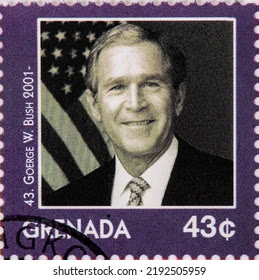Dr. Daulat Singh Kothari (1906-1993) was an eminent Indian scientist and educationist. He made significant contributions in the fields of physics, education, and science policy in India. Here are some key highlights of his life and work:
Academic Career: Dr. Kothari obtained his doctoral degree in Physics from the University of Cambridge in 1931. He served as a faculty member at the Benaras Hindu University and the Allahabad University, where he held various academic and administrative positions.
Research and Contributions: Dr. Kothari's research primarily focused on nuclear physics, cosmic rays, and astrophysics. He made significant contributions to the understanding of cosmic ray showers and played a crucial role in the establishment of cosmic ray research in India. He also conducted research at the Cavendish Laboratory in Cambridge.
Science Education and Policy: Dr. Kothari emphasized the importance of scientific research and education in India. He played a pivotal role in shaping science policy and science education reforms in the country. As the Chairman of the University Grants Commission (UGC) from 1957 to 1967, he played a significant role in the development of higher education in India.
Padma Bhushan and Legacy: In recognition of his contributions, Dr. Kothari was awarded the Padma Bhushan, one of India's highest civilian honors, in 1962. He also received several other national and international awards for his scientific and educational achievements.
Reports and Committees: Dr. Kothari chaired various committees and wrote influential reports that had a lasting impact on Indian education and science policy. The Kothari Commission Report (1964-66) played a crucial role in shaping educational policies and recommending measures for educational development in India.
Dr. D.S. Kothari's contributions to science and education continue to inspire generations of scientists and educators in India. His efforts in promoting scientific research, education reforms, and policy development have left a lasting impact on the scientific community and higher education system in the country.







.jpeg)

